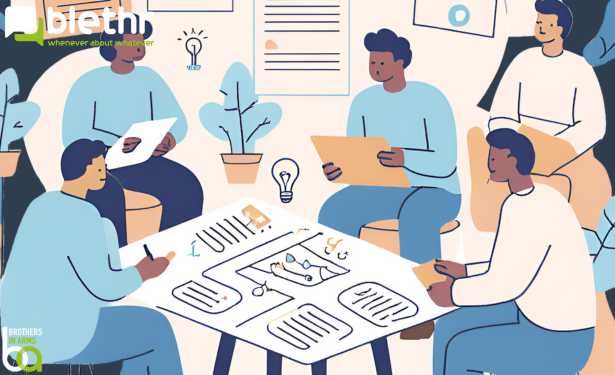Why Do 1 in 5 Men Avoid Professional Mental Health Support?
Date: Monday 07 Apr 2025
A recent report reveals that nearly one in five men will not seek professional mental health support due to embarrassment or lack of awareness. Conversations surrounding toxic masculinity and male mental health have resurfaced, particularly with the release of Netflix's new show, Adolescence, and the prominence of polarizing figures like Andrew Tate. These factors continue to shape young men’s views on masculinity.

Key Findings from the Pilot Report
The report by Pilot, titled Man Up and Get Over It – Australian Men’s Health Laid Bare, uncovers silent struggles faced by men in Australia. It highlights the challenges men face with societal pressures, body image, and mental health. Notably, over half of the surveyed men reported experiencing anxiety and stress, while 46% battled depressive moods. Yet, almost 20% refrained from seeking professional help.
Barriers to Seeking Help
Dr. Matt Vickers, GP and Clinical Director at Eucalyptus, identifies barriers preventing men from seeking mental health support. Cultural expectations play a significant role. “Many men grow up with the belief they must be 'tough' and 'stoic,' viewing vulnerability as weakness,” Dr. Vickers states. “These entrenched norms hinder men's acknowledgment of emotional struggles and their willingness to seek help.”
He also notes that men fear judgment when reaching out for support. “The social perception lingers that men should handle problems alone,” he explains. This fear can provoke shame and embarrassment around discussing mental health issues. Despite progress, mental health challenges among men often remain taboo.
The Importance of Vulnerability
Dr. Vickers emphasizes the need for men to embrace emotional vulnerability: “Society equates masculinity with strength and self-sufficiency. However, vulnerability is a form of emotional strength.” He advocates for viewing vulnerability as a crucial element of emotional intelligence, noting its role in fostering growth and deeper connections.
Changing the Narrative
Susan Jankovic, Co-CEO of TIACS, shares similar sentiments. She states, “Many men hold misconceptions that they should always be strong and self-reliant. This belief often discourages them from seeking mental health support.”
Jankovic explains that some men perceive therapy as only necessary for crises, which reinforces outdated beliefs that viewing emotions is uncomfortable or weak. “To dismantle these barriers, we need to normalize mental health conversations, celebrate emotional openness, and educate men about therapy's benefits,” she argues. This is why Brothers in Arms developed Blethr for men—a platform that encourages ongoing dialogue about mental health in a supportive and accessible manner, emphasizing that seeking help is a sign of strength rather than weakness.
Conclusion
As cultural figures like Andrew Tate continue to rise, it becomes increasingly important to reshape conversations around masculinity. Promoting positive role models who embody emotional health and vulnerability is essential. By fostering an environment of understanding, we can empower men to prioritize their mental well-being.
Access the full report here: https://missingperspectives.com/posts/mental-health-men-report-pilot/
learn more about Blethr from our digital assistant BraveheartGPT below:

